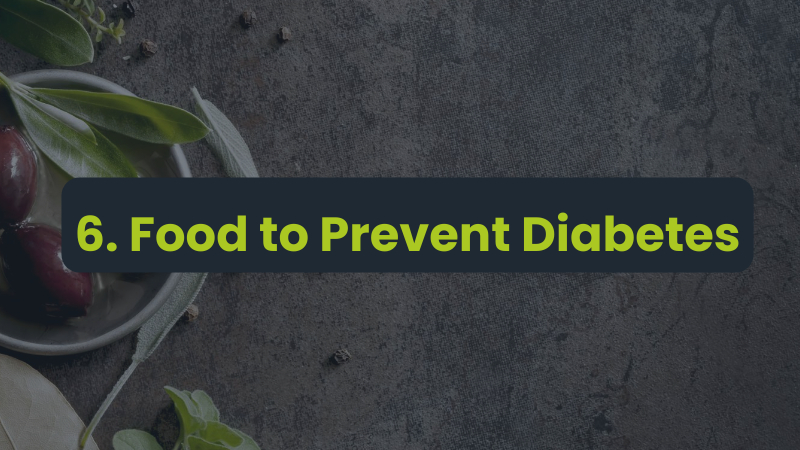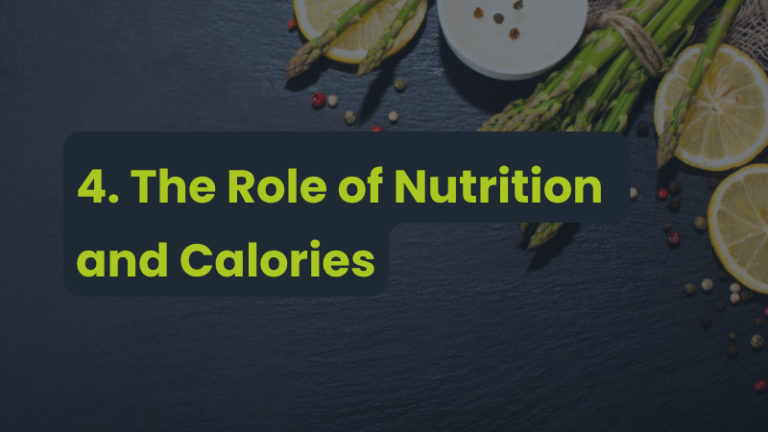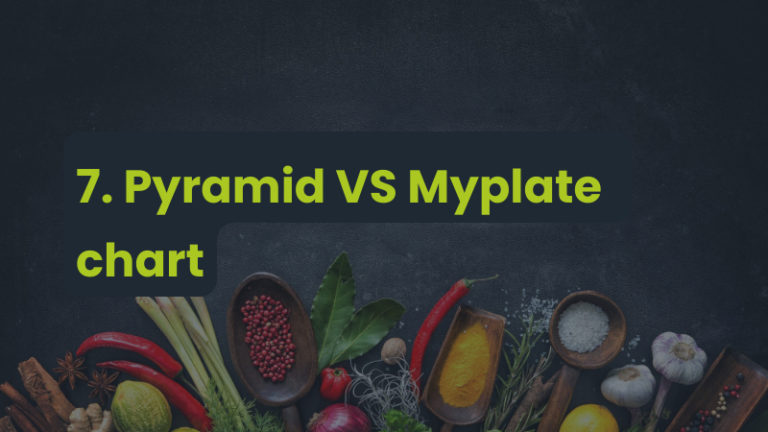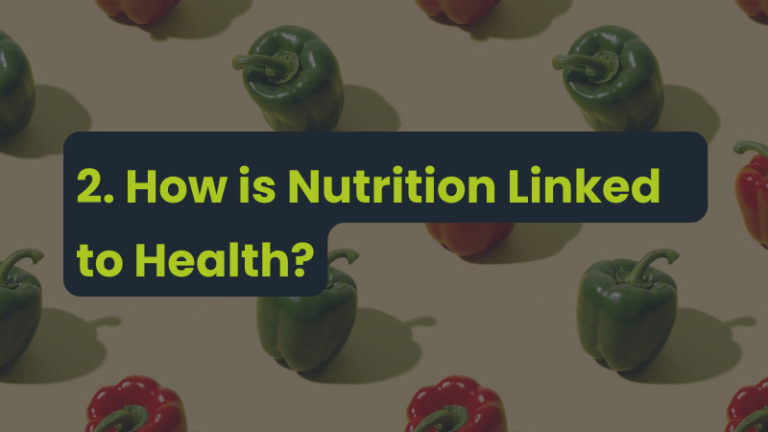Food Nutrition to Prevent Diabetes
There are a few tips you can follow to eat right and prevent diabetes. Eating fruits and green leafy vegetables are great choices. They also contain a high fiber content. Lastly, try to choose whole grains rather than refined ones. Whole grains have more fiber and lower glycemic index than refined grains.
Fruits
Fruits are a great source of nutrition and can be an important part of a diabetes-prevention diet. The soluble and insoluble fiber found in fruit is very good for bowel health. People with diabetes should choose the right types of fruit and eat fewer of others. The American Diabetes Association suggests that people with diabetes eat at least one piece of fruit daily.
Green leafy vegetables
Eating more fruit and vegetables is known to reduce the risk of type 2 diabetes and coronary heart disease. One recent meta-analysis found that a higher intake of fruit and vegetables reduced the risk of type 2 diabetes by up to 14 percent. The study included six cohort studies involving over 220,000 people, ranging in age from 30 to 74 years. The duration of each study was between 4.6 and 23 years.
Yogurt
Yogurt is a semisolid fermented milk product that dates back hundreds of years. It is considered a valuable source of nutrients. It is also delicious. It is very high in protein and low in sugar. It may help you avoid insulin spikes caused by other foods and keep blood glucose levels steady.
Avocados
Studies show that eating avocados is an excellent way to prevent diabetes. The compound in avocados can inhibit the cellular processes that can lead to diabetes, and it can also improve the quality of your diet and your nutrient intake. Also, avocados contain a high amount of fiber, which can help keep you regular and improve your metabolism. They also contain nearly 20 different vitamins and minerals.
Eggs
Egg consumption has been rising worldwide, with China experiencing a nearly twofold increase from 1991 to 2009. Although there is controversy over the link between egg consumption and diabetes, a recent study looked at egg consumption over the long term, and the results found no significant link between eating eggs and diabetes. The researchers compared fasting blood glucose levels of participants who consumed eggs with those who did not consume them.
Whole grains
Research shows that consuming more whole grains can lower the risk of developing diabetes. A recent study conducted in Denmark analyzed data from over 55,000 men and women. It found that those who consume the highest amounts of whole grains had a 29% lower risk of developing type 2 diabetes than those who consumed the lowest amounts.
Olive oil
There are many benefits of using olive oil as a food supplement. For example, it may help you reduce the risks of diabetes. Olive oil is a powerful antioxidant. It also helps with weight management. It has been shown to lower glucose and LDL cholesterol levels. However, it is important to use it carefully. Cooking with olive oil is best done at a low temperature and should not be done with high heat as it will destroy its antioxidant content and ruin the flavour.







